Vitamin C is commonly known for its immune health benefits. Many people supplement with vitamin C to prevent illness during cold and flu seasons.
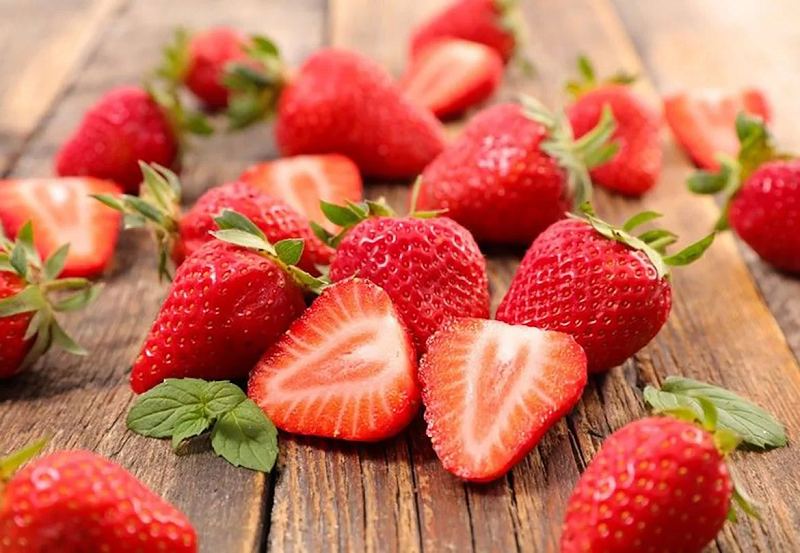
Strawberries are one of the foods rich in vitamin C - Illustration photo
Although vitamin C plays a role in boosting immunity, vitamin C also brings a few other lesser-known benefits - information published in Health magazine said.
Improve skin health
Vitamin C deficiency can manifest itself through weak skin and slow-healing wounds. Vitamin C is important for the skin because of its role in collagen, an important component of connective tissue. Therefore, when you lack vitamin C, collagen will be reduced and affect your skin.
Vitamin C also works with vitamin E - another antioxidant - to protect your skin from UV rays.
Boost immunity
Vitamin C is also beneficial for boosting immunity, as the skin is one of the body's main defenses against pathogens.
Vitamin C is involved in both innate and adaptive immunity, which correspond to our body's first and targeted responses to specific pathogens. The antioxidant properties of vitamin C protect healthy cells from oxidative damage.
In athletes exposed to cold temperatures, consuming 200 mg of vitamin C may reduce the risk of catching a cold. For the general population, vitamin C supplements do not prevent colds, but may shorten the duration and severity of symptoms if taken before the disease develops.
Reduce the risk of cardiovascular disease
Because oxidative damage — when the body has too many free radicals and not enough antioxidants to remove them — is thought to be a cause of cardiovascular disease, antioxidants like vitamin C may help reduce this risk.
A 2020 study found that supplementing with at least 500 mg of vitamin C per day was associated with lower blood pressure.
However, many other studies have had conflicting results about the role of vitamin C in reducing the risk of cardiovascular disease, and more research is needed to clarify this link.
Helps increase iron absorption
Vitamin C plays an important role in enhancing the absorption of non-heme iron, the type of iron from plant foods. If you are at risk of iron deficiency, especially if you eat a plant-based diet, adding a source of vitamin C to your meals can help your body better absorb iron from foods like beans, nuts, and seeds.
For example, you can add bell peppers to beans or eat oatmeal with nuts, seeds, and strawberries.
Foods rich in vitamin C
Supplementing with vitamin C through food is a good way to get this nutrient, while also enjoying other nutrients from fruits and vegetables.
Some foods rich in vitamin C include:
Red bell pepper: 95 mg per 1/2 cup
Orange juice: 93 mg per 3/4 cup
Oranges: 70 mg per medium fruit
Grapefruit juice: 70 mg per 3/4 cup
Kiwi: 64 mg per medium fruit
Broccoli: 51 mg per 1/2 cup cooked
Strawberries: 49 mg per 1/2 cup sliced
How much vitamin C should you consume?
The recommended daily allowance (RDA) for vitamin C varies by age, sex, pregnancy/breastfeeding status, and smoking habits. Here are the recommended daily amounts of vitamin C from foods:
0-6 months: 40 mg
7-12 months: 50 mg
1-3 years old: 15 mg
4-8 years old: 25 mg
9-13 years old: 45 mg
14-18 years: 75 mg (male); 65 mg (female); 80 mg (pregnant); 115 mg (breastfeeding)
19 years and older: 90 mg (male); 75 mg (female); 85 mg (pregnant); 120 mg (breastfeeding)
Research shows that the body absorbs 70-90% when consuming 30-180 mg/day, but absorbs less than 50% when exceeding 1g/day.
Is Vitamin C Safe?
Vitamin C is a water-soluble vitamin, so the risk of toxicity is very low. When the body absorbs too much, the excess is usually excreted in the urine.
Some studies suggest that consuming too much vitamin C may increase the risk of cardiovascular disease, excessive iron absorption, oxidative damage, and kidney stones, but these studies are often inconclusive or performed in test tubes.
If you are undergoing chemotherapy, radiation therapy, or taking statin medications, consult your doctor before taking vitamin C supplements.
Source: https://tuoitre.vn/4-loi-ich-tang-cuong-suc-khoe-cua-vitamin-c-2025010908540119.htm



![[Photo] Summary of parade practice in preparation for the April 30th celebration](https://vstatic.vietnam.vn/vietnam/resource/IMAGE/2025/4/11/78cfee0f2cc045b387ff1a4362b5950f)

![[Photo] Prime Minister Pham Minh Chinh chairs meeting to discuss tax solutions for Vietnam's import and export goods](https://vstatic.vietnam.vn/vietnam/resource/IMAGE/2025/4/10/19b9ed81ca2940b79fb8a0b9ccef539a)
![[Photo] Phuc Tho mulberry season – Sweet fruit from green agriculture](https://vstatic.vietnam.vn/vietnam/resource/IMAGE/2025/4/10/1710a51d63c84a5a92de1b9b4caaf3e5)




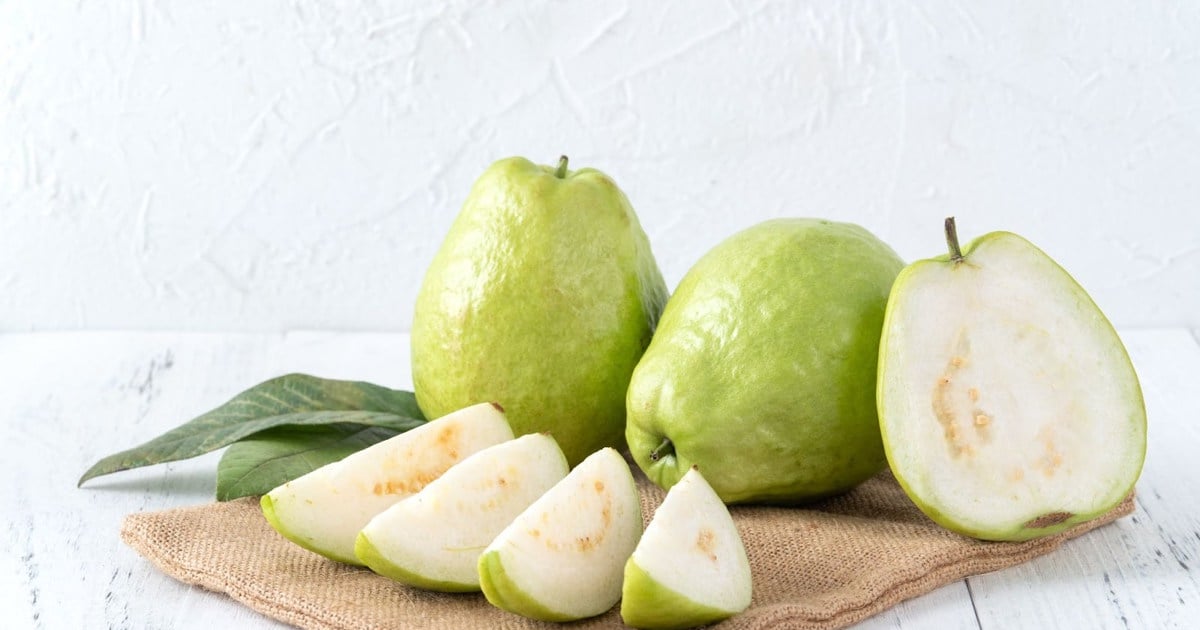

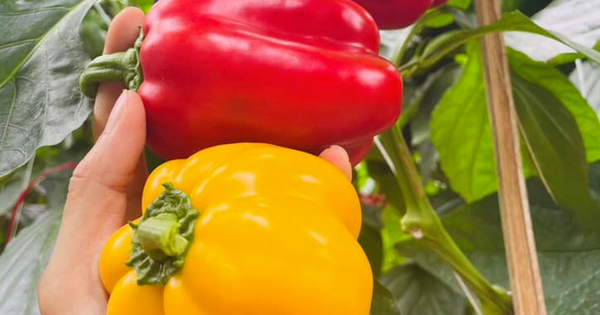


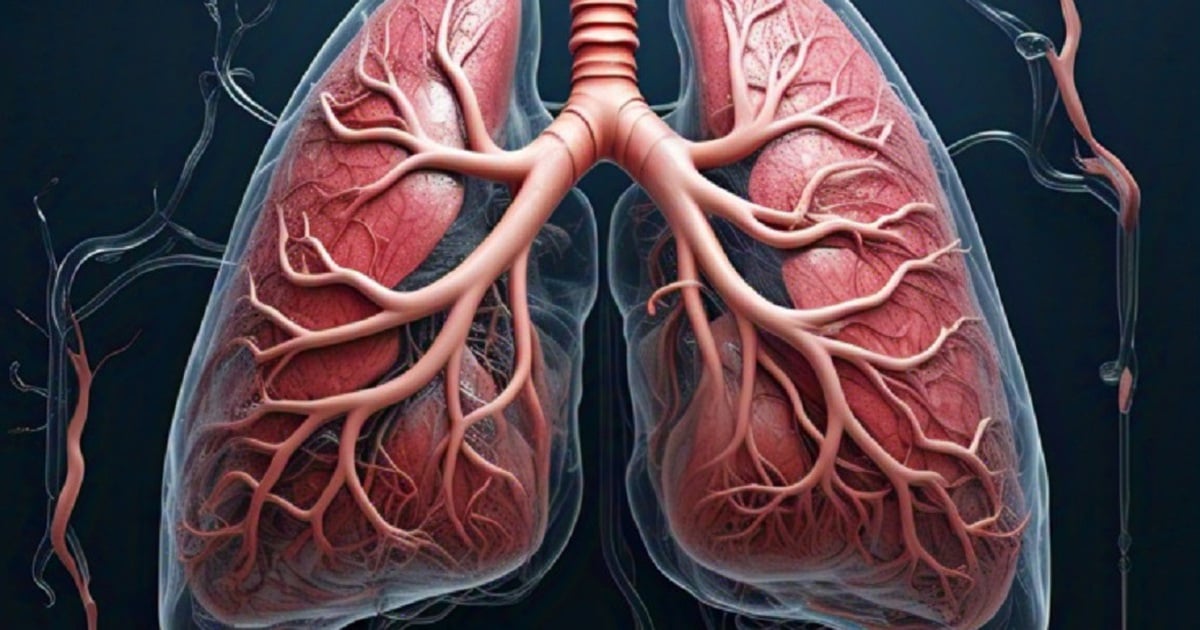
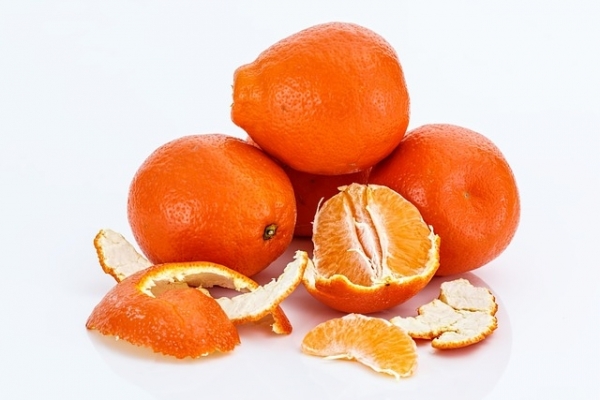



























































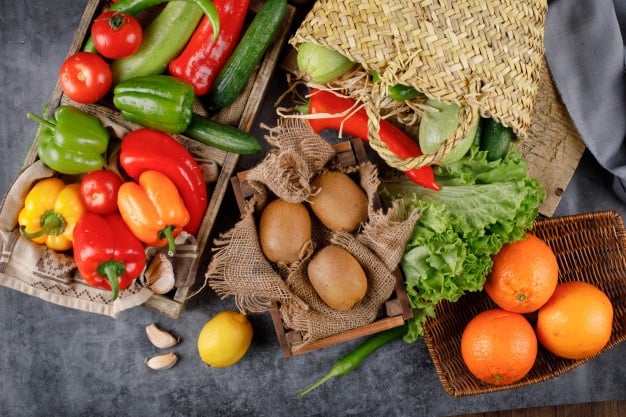



















Comment (0)